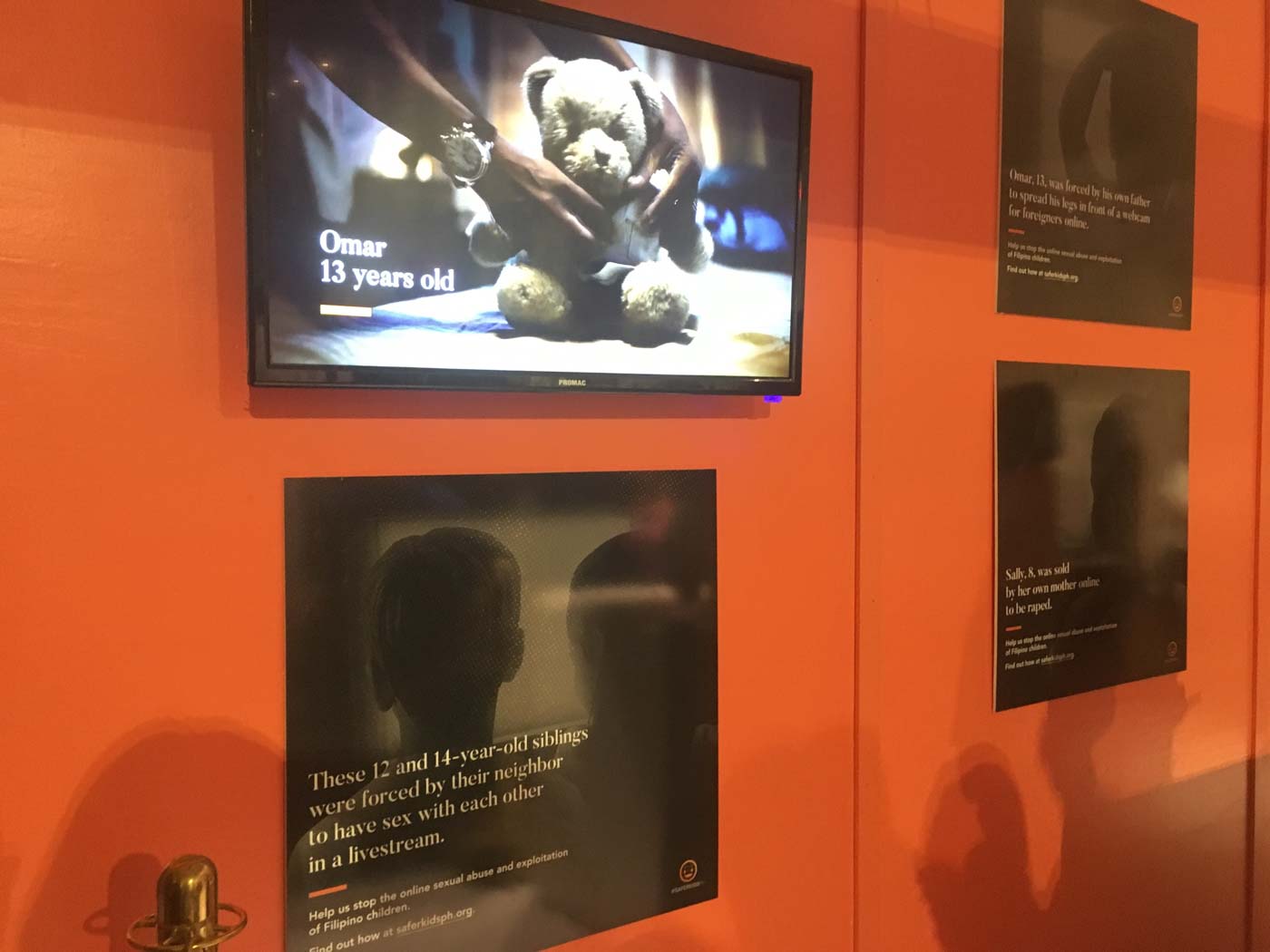
MANILA, Philippines – The Philippine government joined forces with an Australian government-led consortium of child rights advocates to form SaferKidsPH, a 6-year awareness campaign on the extent and impact of the online sexual exploitation of children (OSEC) in the Philippines.
The official launch was held on Tuesday, October 22, at Makati City.
SaferKidsPH dubs itself as the pioneering consortium created to reduce OSEC. It pledges to work and foster cooperation among the governments, educational institutions, and communities involved.
Along the 6-year plan, SaferKidsPH aims to:
- Increase public awareness of risks of OSEC, and involve children, parents, schools, the private sector, civil society, and the media to promote online safety to prevent and respond to OSEC;
- Strengthen investigation and prosecution of OSEC cases; and
- Improve service delivery for OSEC prevention and protection of vulnerable children in commonly targeted areas.
Involved agencies from the Philippine government include the Department of Social Welfare and Development (DSWD), the Department of Justice (DOJ), the Department of Information and Communications Technology (DICT) and the Department of Education (DepEd).
From the private sector, telecommunications companies such as Globe, Google and YouTube, PLDT, Facebook, Instagram, and WhatsApp are pitching in.
Youth volunteers associated with the United Nations Children's Fund (Unicef) have pledged involvement as well.
The launch capped off with a ceremonial "blocking" of online predators on a SaferKidsPH microsite.
Prevalence
Cybertips of sexual images of Filipino children obtained by the DOJ Office of Cybercrime ballooned to 600,000 in 2018 from 45,645 in 2017. This is more than a 1000% increase.
Since 2017, only 32 convictions of cybertrafficking have been meted out by the Philippines’ Inter-Agency Council Against Trafficking. (READ: Stolen: Pretty Girls)
In many known cases, the victims' own family members are crime facilitators. According to a 2016 study, only 3 out of 10 children availed of local child protection services in their communities.
Australian Embassador Steven Robinson said that OSEC is a crime that transcends territorial jurisdiction, and acknowledges that even nationals from his own country partake in child pornography consumption.
As the internet evolves in complexity and ways to evade crime, Robinson said that the campaign will adapt with the dynamic nature of the child porn industry.
'Everyone is responsible'
Beyond the awareness campaign, stakeholders explained how their organizations and agencies would roll out their respective responsibilities in the cause.
The DOJ reported that they created task forces to specifically handle trafficking cases.
Meanwhile, the DSWD said they would work towards making internet service providers who do not monitor child pornography activity accountable. (READ: Internet service providers fail to report sites transmitting child porn)
The Asia Foundation, an international development organization and a chief implementer of the project, pledged to support the justice elements that would lead to deeper societal change.
"What we're doing now is just a catalyst. We want SaferKidsPH to be owned by everyone and not just early members of the consortion or a single government. All of us have different roles and can really contribute," said Save the Children Philippines Chief Executive Officer Alberto Muyot. – Rappler.com